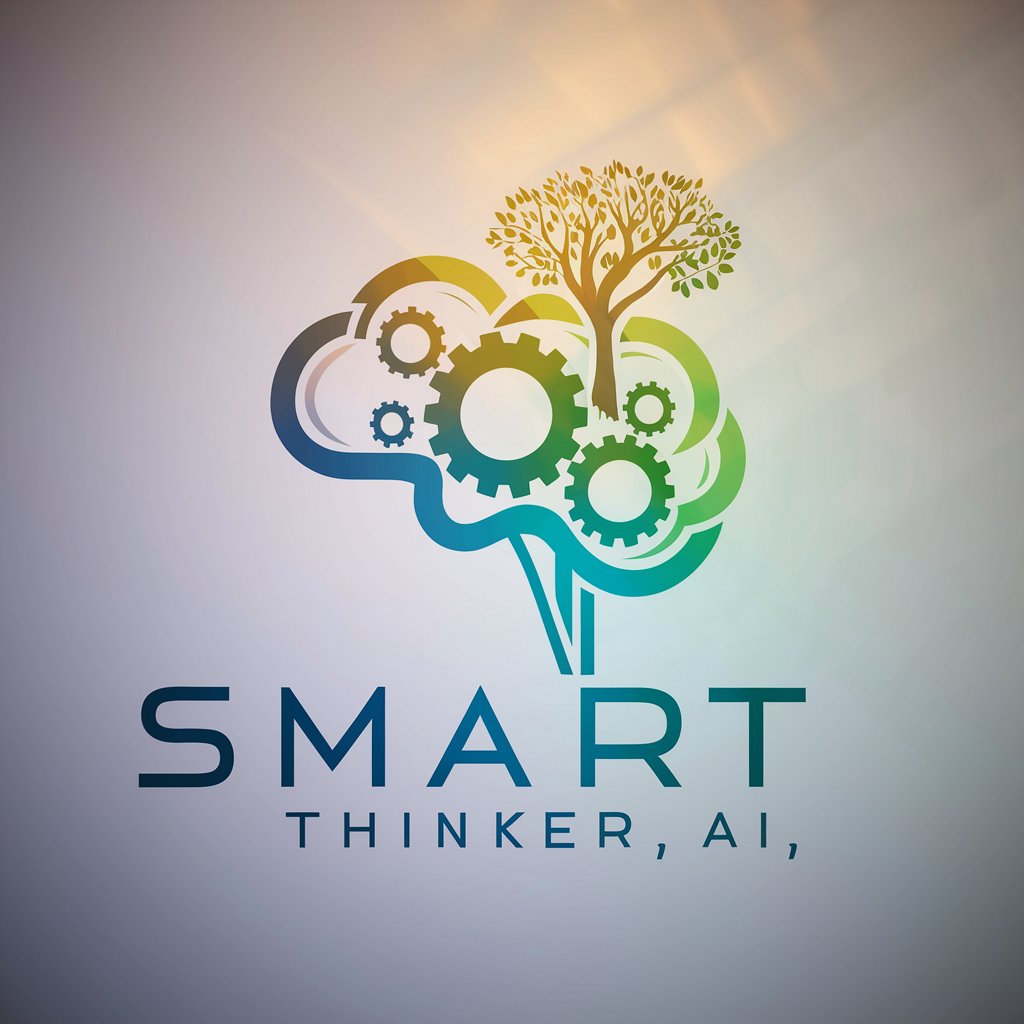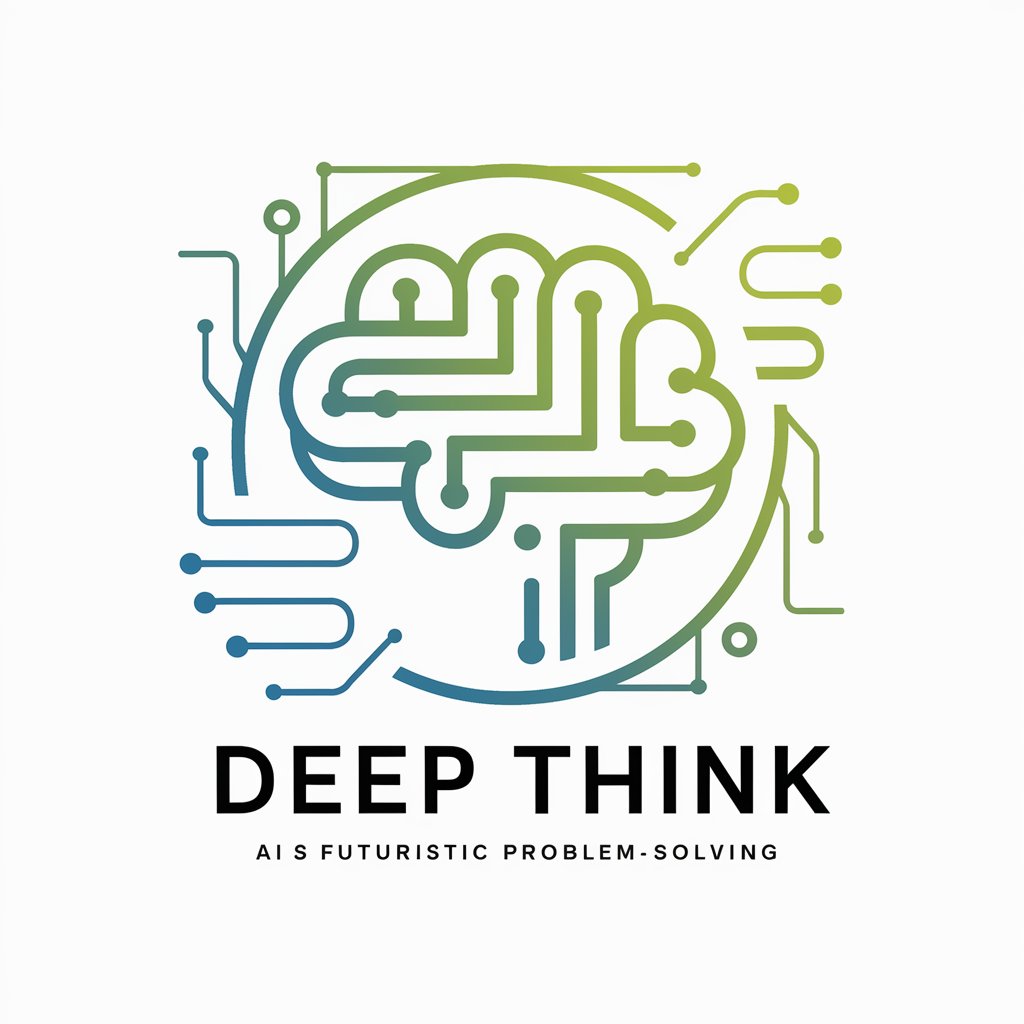
Thinking Abacus - Decision-Making AI Tool
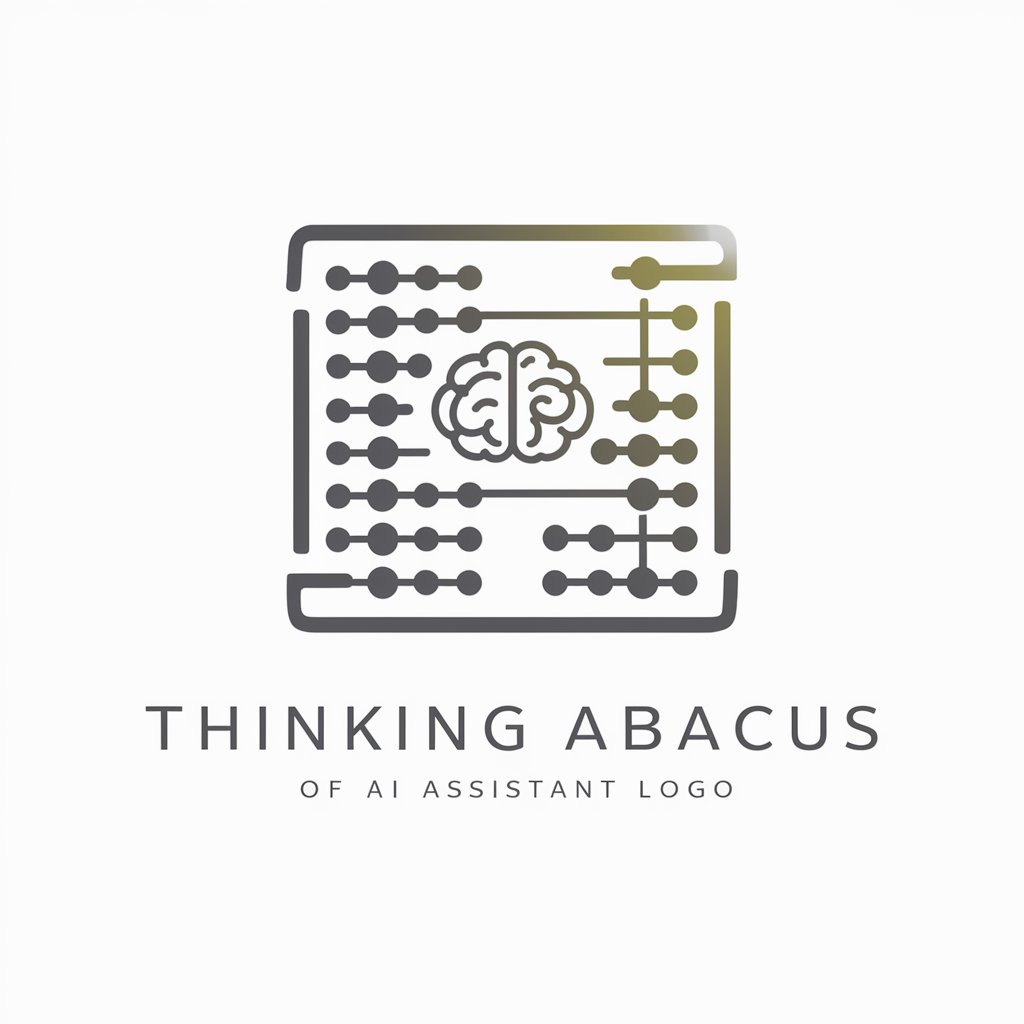
Hello, let's make smarter decisions together!
Empower Your Decisions with AI
How can I optimize my decision-making process for...
What factors should I consider when evaluating...
Help me analyze the pros and cons of...
Guide me through a step-by-step approach to...
Get Embed Code
Introduction to Thinking Abacus
Thinking Abacus is a specialized version of ChatGPT, designed to assist users in making informed decisions by guiding them to the appropriate resources or decision-making models. Unlike the broader ChatGPT model, Thinking Abacus focuses on providing targeted assistance for decision-making processes, specifically by directing users to either the Bayesian GPT for A/B decisions or the Decision Matrix GPT for multi-factor decisions. This focus enables users to address complex questions or choices in a structured manner, leveraging advanced decision-making frameworks. Powered by ChatGPT-4o。

Main Functions of Thinking Abacus
Guidance to Decision-Making Models
Example
When a user is unsure whether to invest in stocks or bonds, Thinking Abacus would guide them to the Bayesian GPT, helping to evaluate the probability and impact of various outcomes based on a Bayesian decision-making framework.
Scenario
Choosing between two job offers with different benefits and trade-offs.
Facilitation of Complex Decision Analysis
Example
For a business considering multiple new projects, each with varying levels of investment, potential return, and risk, Thinking Abacus would direct the user to the Decision Matrix GPT. This helps in systematically comparing and prioritizing projects based on multiple criteria.
Scenario
A small business owner deciding on the next strategic move, considering factors such as market potential, cost, and expertise.
Ideal Users of Thinking Abacus
Individual Decision-Makers
People facing significant personal decisions, such as career choices, financial investments, or education paths, can benefit from the structured decision-making assistance provided by Thinking Abacus. It helps them weigh their options more systematically.
Business Leaders and Entrepreneurs
These users often face complex, multi-faceted decisions that can benefit from the structured analysis capabilities Thinking Abacus directs them to. This includes strategic planning, resource allocation, and prioritizing projects or initiatives.

How to Use Thinking Abacus
1
Initiate your experience by visiting yeschat.ai to explore Thinking Abacus capabilities without needing to sign up for ChatGPT Plus or any other subscription.
2
Choose the specific tool relevant to your decision-making needs: Bayesian GPT for binary choices or Decision Matrix GPT for multi-factorial decisions.
3
Enter your decision-making parameters or questions clearly to ensure the AI understands your specific context and requirements.
4
Utilize the generated insights or recommendations by Thinking Abacus to inform your decision-making process.
5
For optimal results, refine your queries based on initial feedback and explore different scenarios or inputs to fully leverage the tool's capabilities.
Try other advanced and practical GPTs
📚 Language Friend
Empowering language learning with AI

하티약국 AI
Empowering Your Health with AI
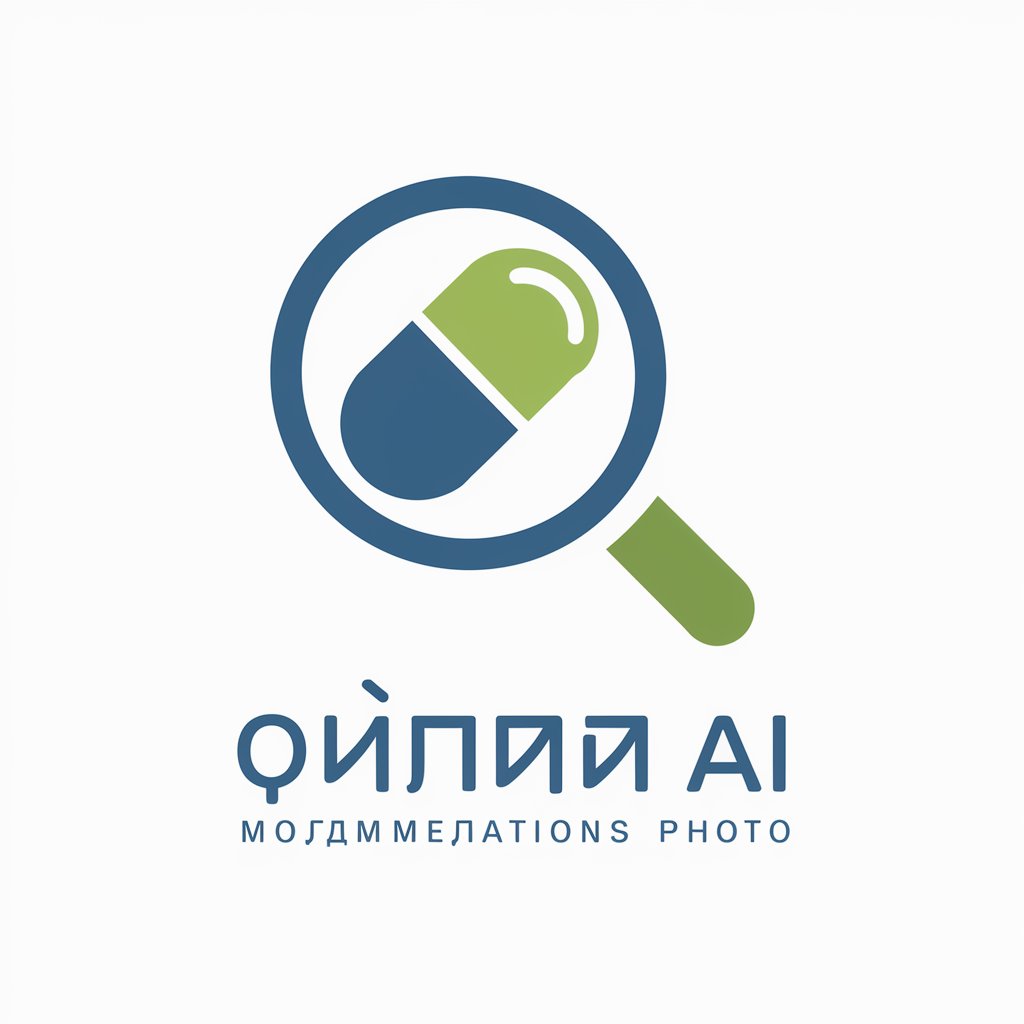
Income Insight
Demystifying Income, Empowering Decisions
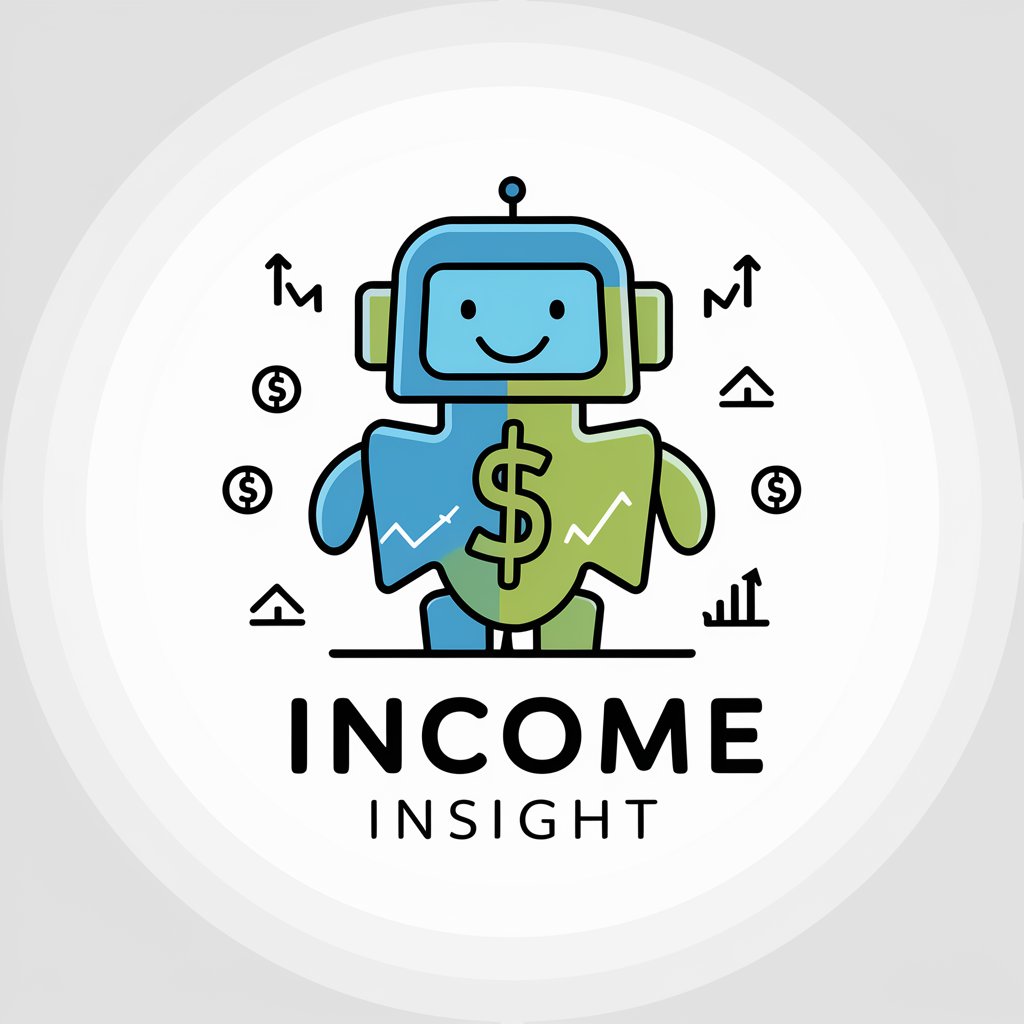
Party Factster
Ignite conversations with AI-powered facts
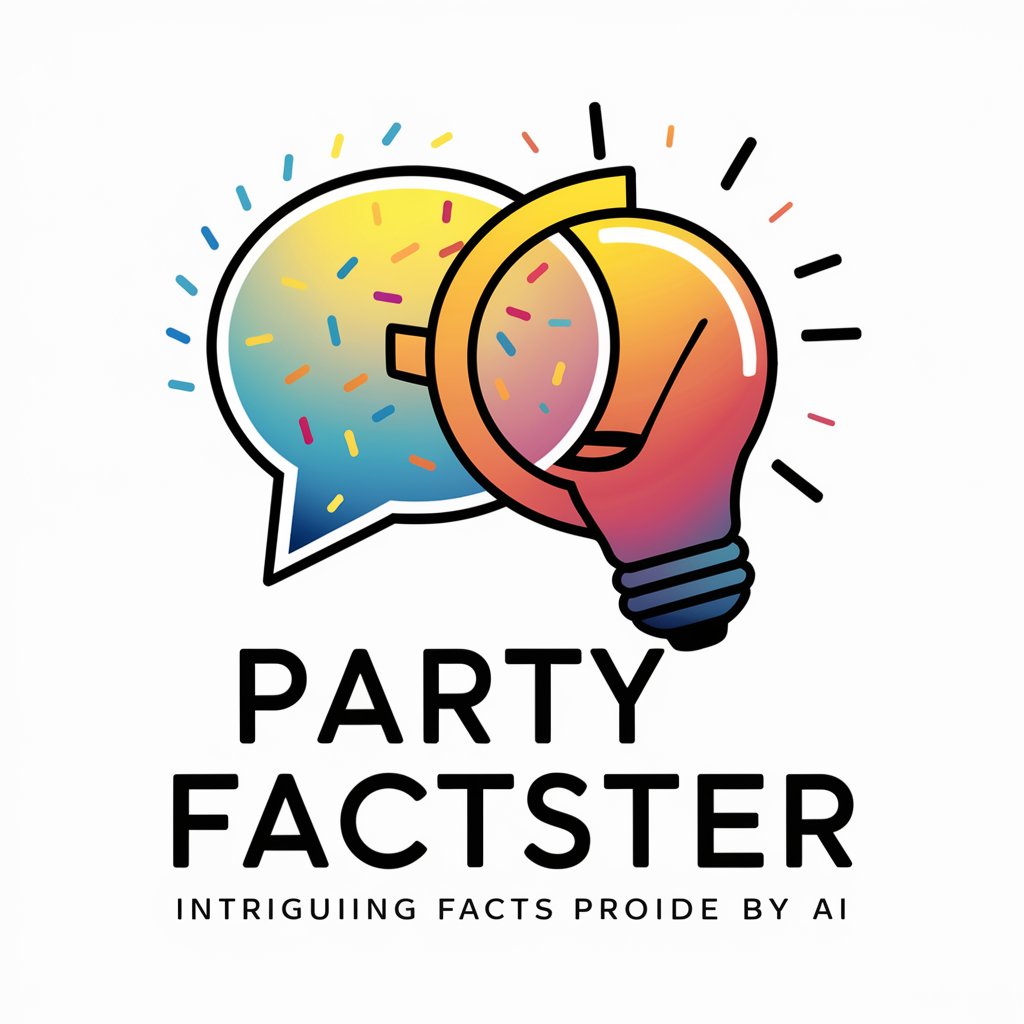
Seed AI
Empowering creativity with AI
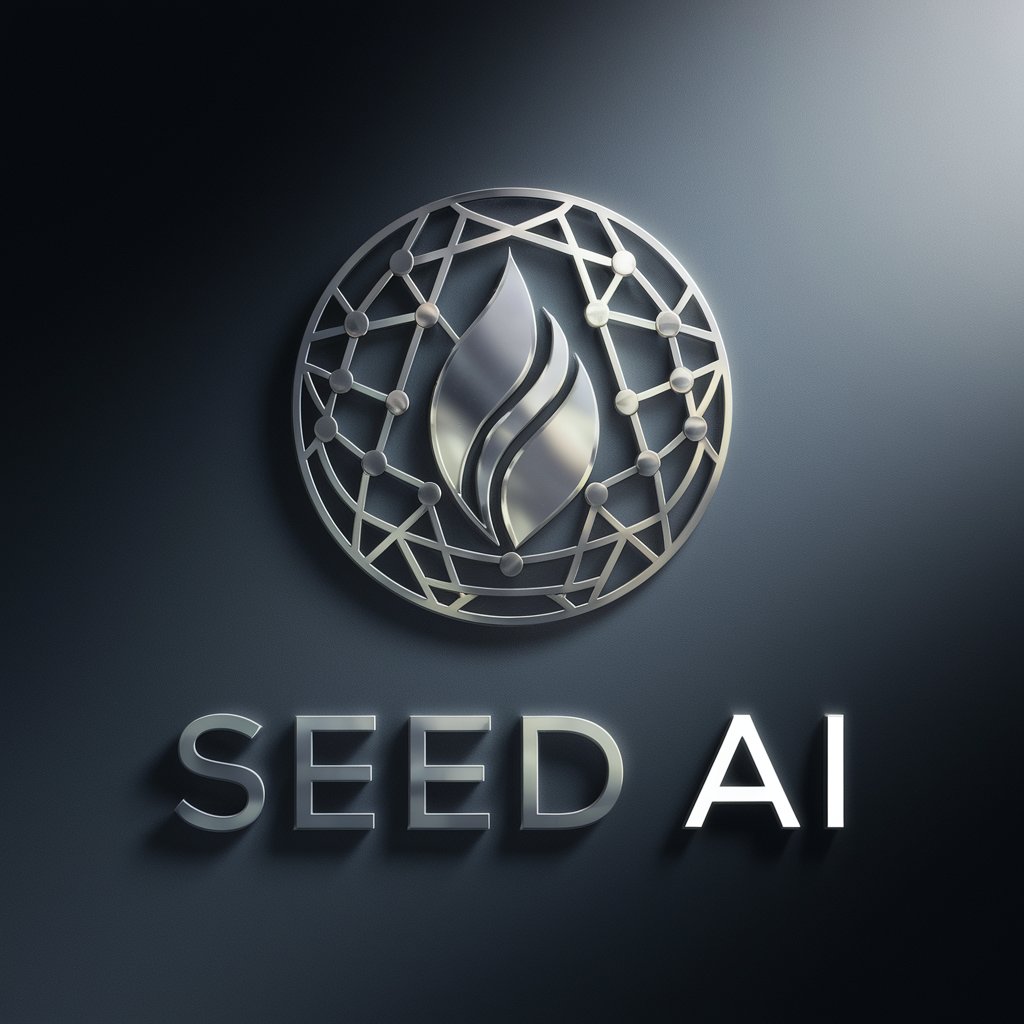
Mycobio Mentor
Empowering mycobacteria research with AI
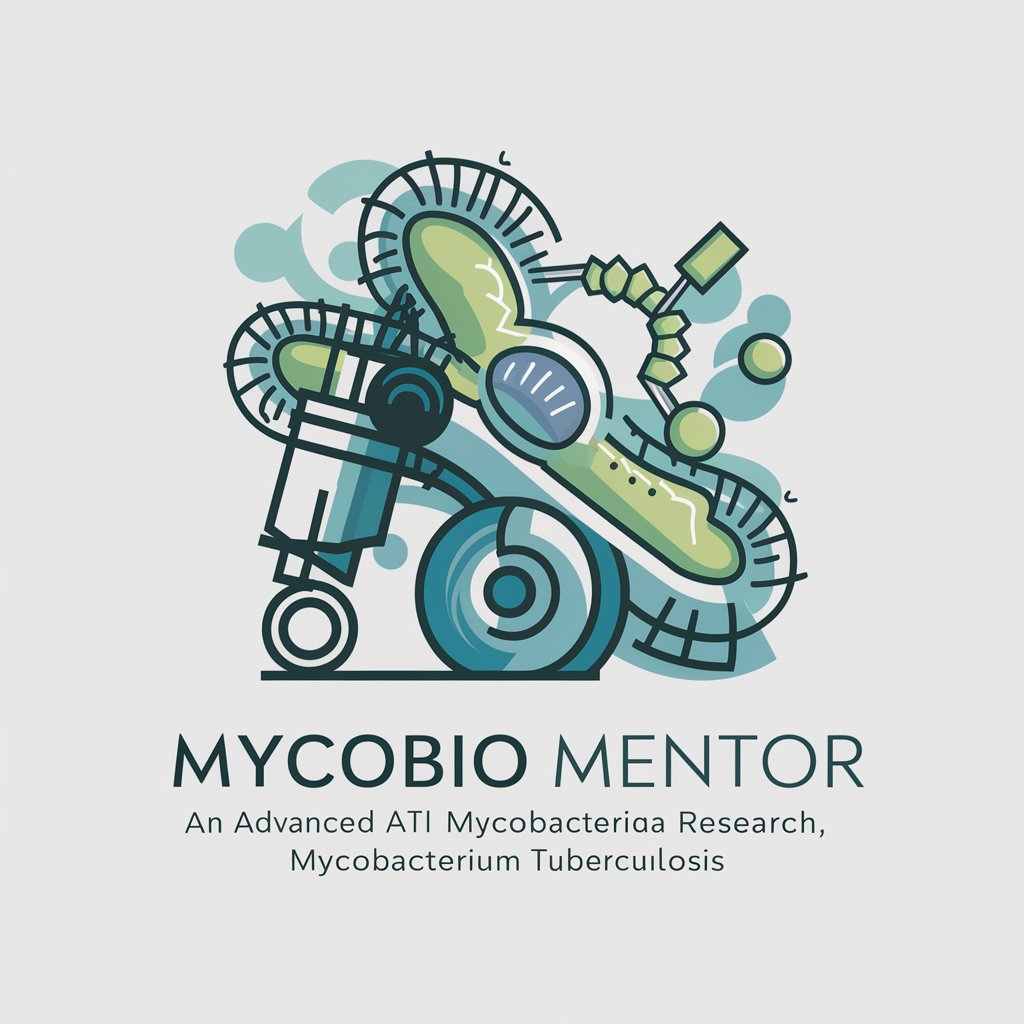
Home Finder
Discover Your Dream Home with AI

Hashtag Recommender
Elevate Your Posts with AI-Powered Hashtags

BIPOC Art
Empowering BIPOC-themed Art through AI

顾问
Elevate Your Game with AI-Powered Fortnite Strategies

Mon ItalianLanguageTutor
Master Italian with AI-Powered Tutoring

سوق مايفن
Empowering Your Financial Decisions with AI

Frequently Asked Questions about Thinking Abacus
What is Thinking Abacus?
Thinking Abacus is an AI-powered tool designed to assist users in making informed decisions by providing insights and recommendations through Bayesian GPT for binary decisions and Decision Matrix GPT for complex, multi-factorial decisions.
How does Thinking Abacus differ from standard ChatGPT?
Unlike standard ChatGPT, Thinking Abacus specializes in decision-making support by offering tailored tools like Bayesian GPT and Decision Matrix GPT, focusing on providing targeted insights for specific decision-making scenarios.
Can Thinking Abacus be used for personal decisions?
Yes, Thinking Abacus is equipped to assist with a wide range of personal decision-making scenarios, from everyday choices to more complex dilemmas, by analyzing the input parameters and offering reasoned recommendations.
Is there a cost to use Thinking Abacus?
Thinking Abacus can be explored for free on yeschat.ai without the need for a ChatGPT Plus subscription, making it accessible for users to trial its decision-making capabilities.
How can users optimize their experience with Thinking Abacus?
Users can enhance their experience by providing clear, detailed inputs about their decision-making needs, experimenting with different scenarios, and using the feedback to refine their queries for more precise recommendations.
